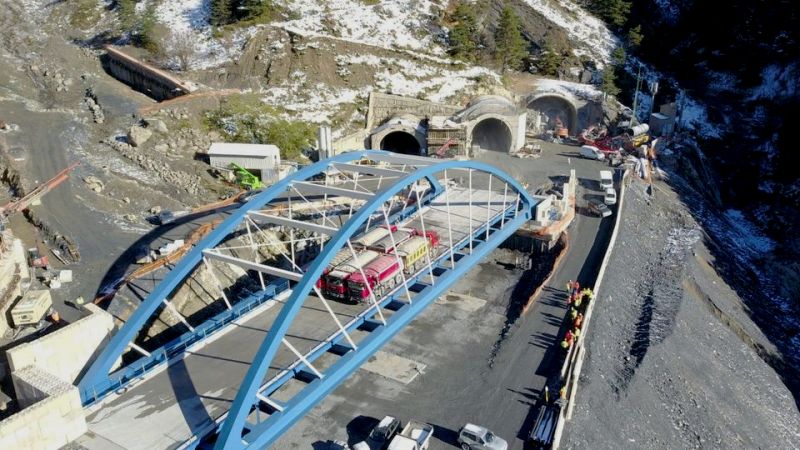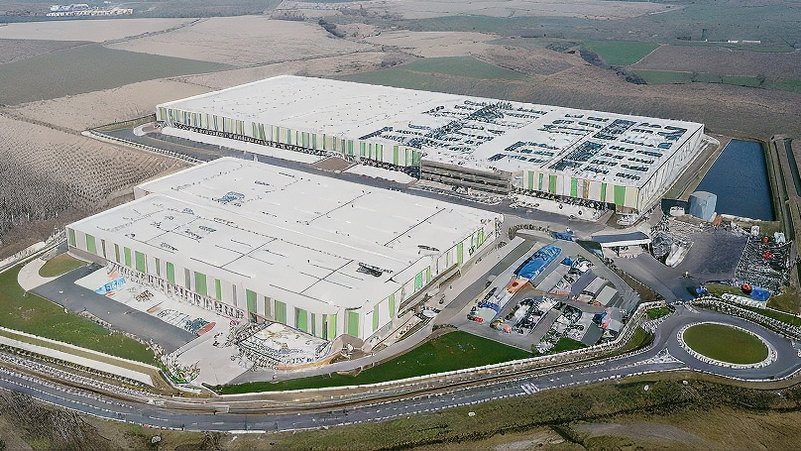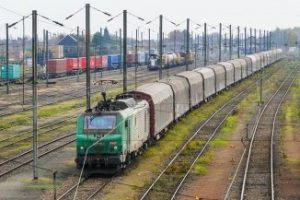On September 11, 2024, the World Trade Organization (WTO) released its World Trade Report 2024, titled "Trade and Inclusiveness: How to Make Trade Work for All." The report's theme addresses inequality in the distribution of trade benefits, with analysts exploring how trade policies can help create a fairer and more inclusive global economy. Among the recommended actions for governments is investing in transportation and logistics to better connect emerging economies to global markets.
The report emphasizes that in low- and middle-income economies, the lack of adequate transport infrastructure—such as roads, ports, and rail networks—is a major barrier to integration into global trade. Logistical challenges increase export costs, making local businesses less competitive in foreign markets and limiting economic growth opportunities. These barriers are not only physical but also digital, as limited access to digital networks prevents businesses from participating in e-commerce and other globalized economic activities.
One of the report's key recommendations is to invest in transportation and logistics infrastructure to break down both geographical and digital barriers that isolate vulnerable economies. Many low-income countries, particularly in Africa, Latin America, and parts of Asia, suffer from a chronic lack of modern infrastructure, which drives up transport costs for local goods. This not only restricts access to international markets but also limits the ability of emerging economies to import lower-cost goods, including machinery and technologies essential for supporting domestic economic growth.
The report further highlights how the development of logistical infrastructure can contribute to economic diversification. Efficient logistics allow emerging economies to expand their range of exportable products, reducing dependence on raw material exports and increasing resilience to fluctuations in global commodity prices.
The World Trade Report 2024 also stresses that the sustainability of transport and logistics infrastructure will be critical in addressing future challenges. Geopolitical tensions and climate change pose significant risks to global economic stability but also present opportunities to rethink logistics infrastructure in a sustainable way. The development of green supply chains and the adoption of low-carbon transport technologies could not only reduce the environmental impact of trade but also create new opportunities for economic growth in emerging economies.



































































